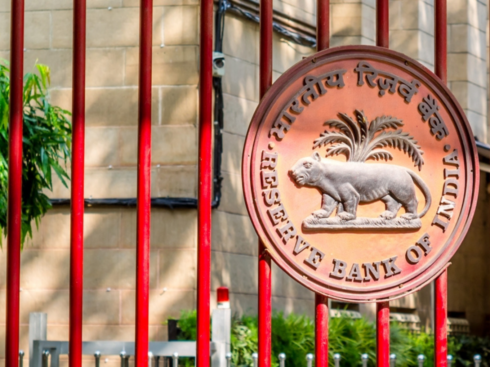
SUMMARY
Out of the total 48 deals, 24 will mature in 2027, 23 trades will mature in 2032 and one in 2032 (at a yield of 7.45%)
The first deal was done between ICICI Bank and IDFC First Bank for INR 5 Cr
Since these trades will be settled directly by RBI, the transactions will be free of cost
The Reserve Bank of India commenced the central bank digital currency (CBDC) pilot on November 1, 2022, which saw G-Sec trades worth INR 275 Cr on the first day.
According to data published by the Clearing Corporation of India Limited (CCIL), a total of 48 trades were settled using CBDC. Of these, 24 deals of 7.38% yield securities will mature in 2027 and 23 trades of 7.26% yield securities will mature in 2032. One trade was executed on the 6.54% security maturing in 2032 at a yield of 7.45%.
Since these trades will be settled directly by RBI, unlike other trades where a transaction fee is paid to CCIL, the transactions will be free of cost.
A total of nine banks (SBI, Bank of Baroda, Union Bank of India, HDFC, ICICI, Kotak Mahindra, Yes Bank, IDFC First and HSBC) participated in the pilot to conduct transactions amongst themselves to buy and sell government securities.
The first deal was done between ICICI Bank and IDFC First Bank for INR 5 Cr.
The central bank issued CBDC tokens to the banks. The trades took place on the existing NDSs order matching system for secondary market trading and the banks used the ‘request for offer’ facility on the platform.
According to reports, the trades were settled on a T+1 basis through CCIL, directly on RBI (without any intermediary) and open to the wholesale traders in the secondary market.
Since RBI is settling the trades, the CBDC pilot is likely to cut transaction costs between settlements and reduce the need for infrastructure guarantees or collateral to mitigate risks.
Other wholesale transactions and cross-border payments will be the focus of future pilots
What Impact CBDC Will Have On Fintechs & Payment Aggregators
The concept of CBDC for India was ideated after more than 10 countries across the world either legalised cryptocurrency as a tender or launched their digital currency. India’s CBDC pilot, regulated by the RBI, was confirmed during the FY23 budget.
It would be at par with India’s fiat currency- the rupee and would be called the e-rupee.
India’s fintech ecosystem is soon to be a $1.3 Tn economy, with CBDC playing an important role in enhancing transparency, making digital transactions inexpensive, enabling cross-border transactions, managing/mitigating risks and bringing DeFi (decentralised finance) to the fore.


























